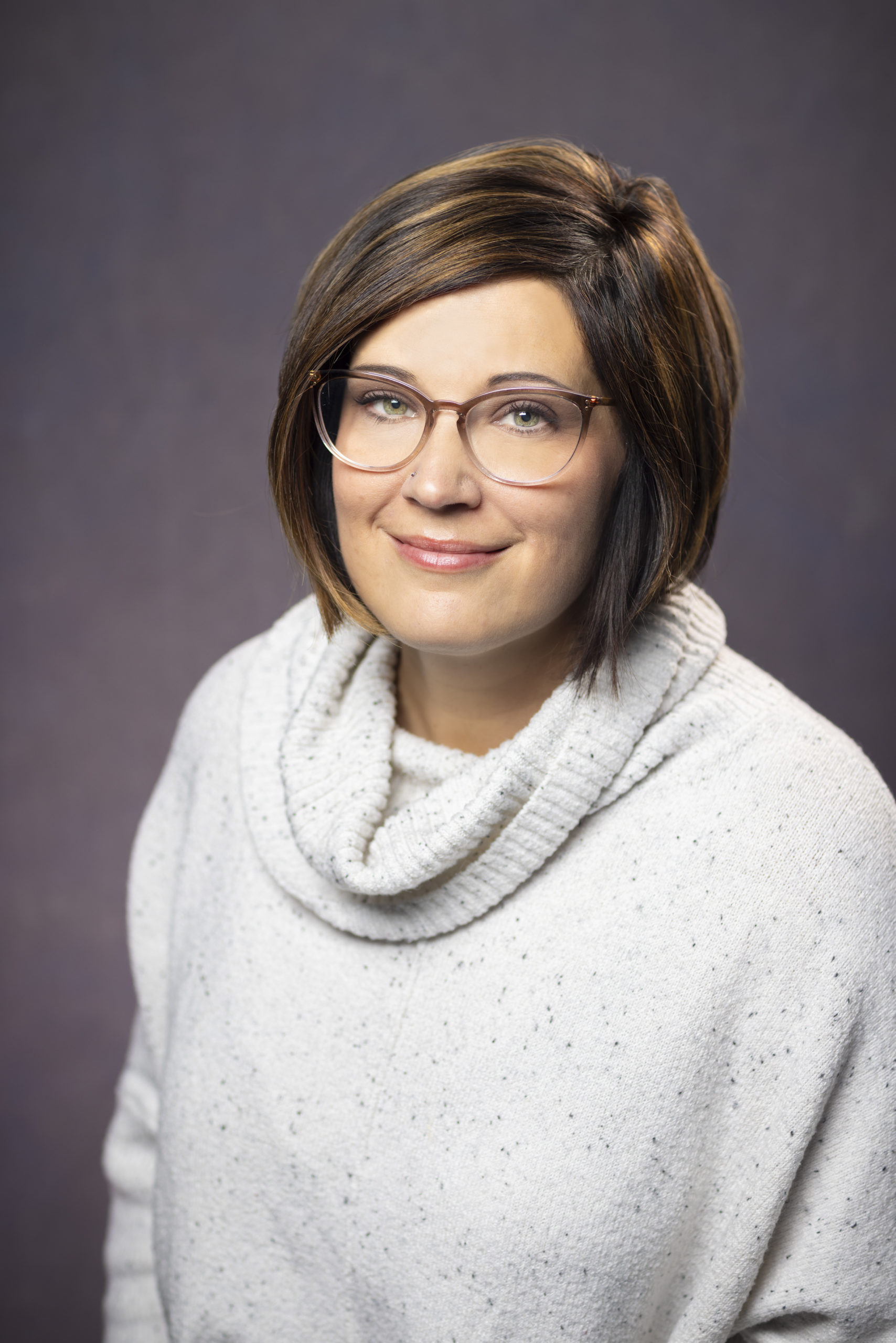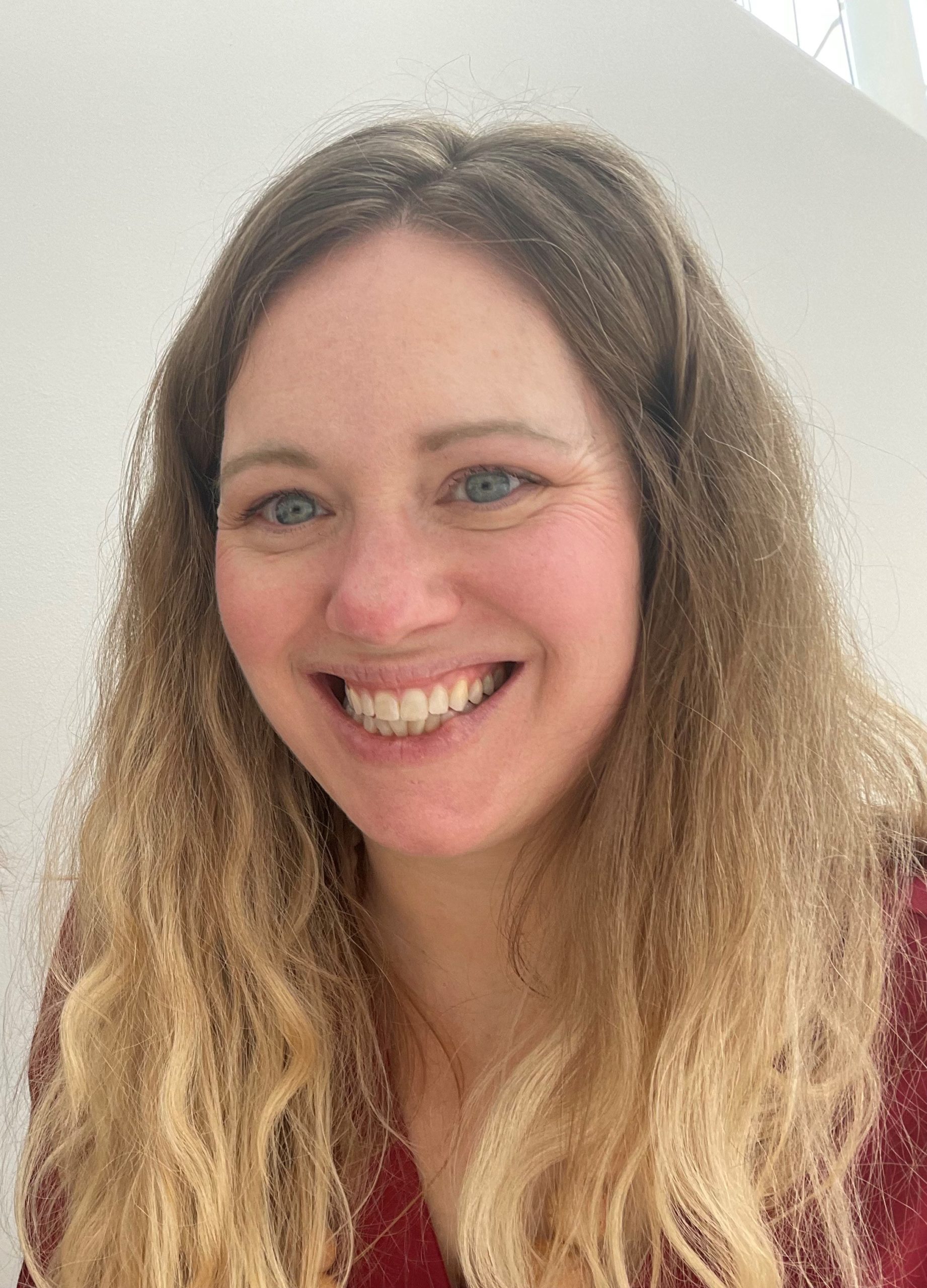Utilizing the Transformative Model of Internal Family Systems in the Treatment of Risky Behaviors: Substance Use Disorder, Self-Injury, and Eating Disorders
Room Paradise Ballroom C
Speaker(s)
Description
Although the model has been in existence and practice for several decades, Internal Family Systems has gained tremendous ground in the treatment of risky behaviors in recent years. This integrative treatment approach includes evidence-based interventions drawing from CBT, somatic, psychodynamic, and Gestalt frameworks.
This presentation will give participants a hands-on opportunity to practice IFS and to learn how to apply the IFS principles in their respective practices. There will be ample research-based case studies presented, as well as anecdotal.
Objectives
- Identify the main components of the IFS model and apply them in practice
- Utilize IFS interventions in practice as they pertain to risky behaviors
- Practice somatic exercises while discussing complex trauma case studies





